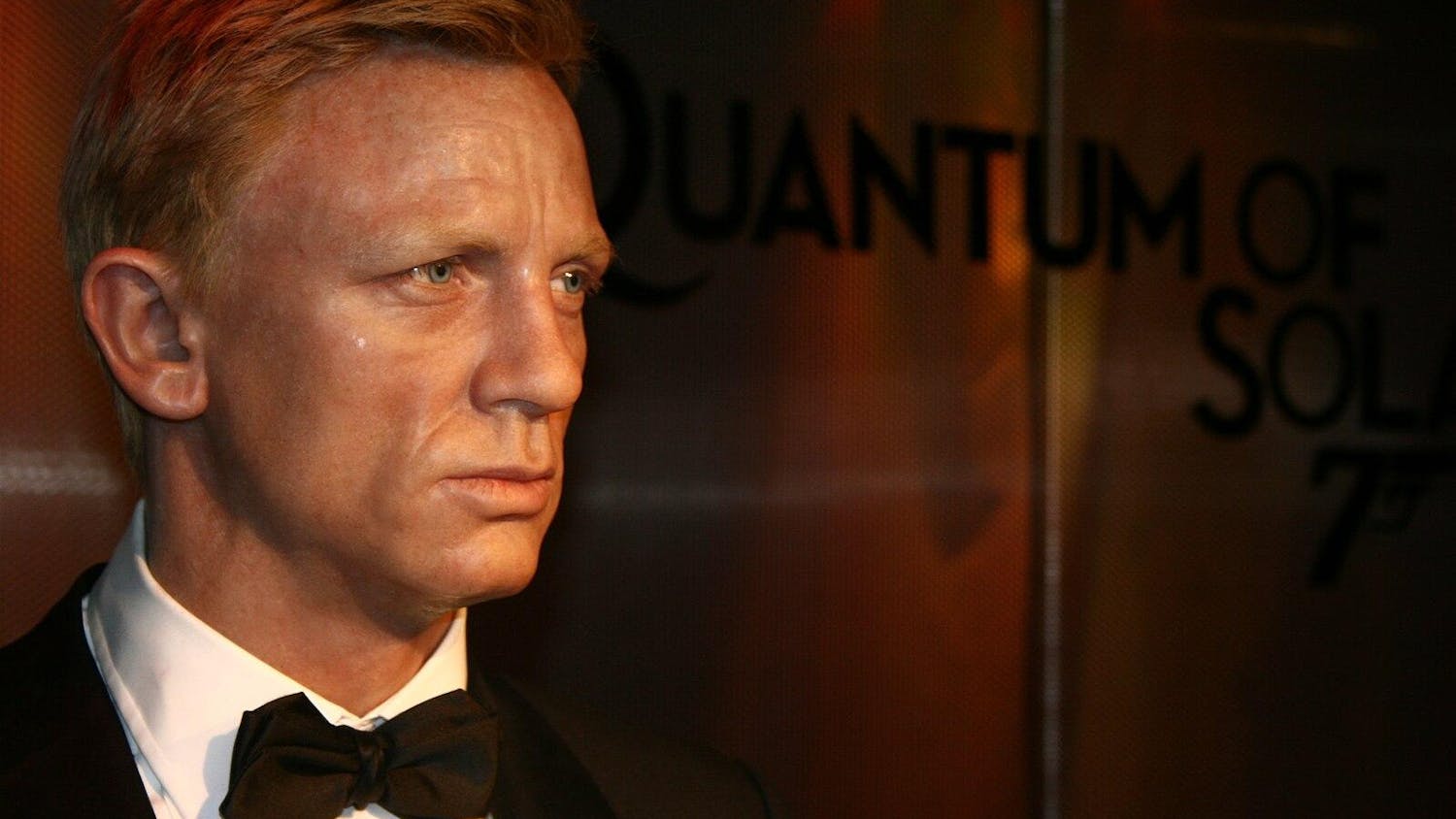The Coen Brothers' newest film, "True Grit," is a hit, statistically speaking, but that's not necessarily a good thing.
The movie has been warmly received by critics, attaining a very strong 95 percent approval rating on the online review−aggregator Rotten Tomatoes. It has grossed over $110 million in the United States in only three weeks, more than any of the Coens' other films have earned in their entire theatrical run. That said, it's no wonder "True Grit" is considered a likely contender for some important Academy Awards, including Best Picture.
Interestingly, despite the praise the directors are receiving, the film itself is one of the Coen Brothers' least Coen−like films.
"True Grit" is a remake of the 1969 movie, itself an adaptation of the 1968 novel by Charles Portis, both of the same name. That movie won John Wayne his only Academy Award, for playing the role of Rooster Cogburn, a part now assumed by Jeff Bridges. The new version follows the original film closely, reusing many of the same lines and scenes. The Coens have stated that much of the dialogue for their film has been pulled directly from the original novel in an attempt to keep the tone of the book in the picture.
The movie's sharp quips are a notable deviation from the longer dialogue normally found in the Coen Brothers' other films. Typical Coen dialogue reflects the local dialects and times of the picture with swift, dry irony. In contrast, the lines in "True Grit" are not very stylized, used to merely push the plot forward.
The Coen Brothers' latest also lacks their trademark violence, notable in "Blood Simple" (1984), "Fargo" (1996) and their Oscar−winning "No Country for Old Men" (2007). The brutality depicted in these films is never gratuitous, but rather a commentary on the state of society and the darker side of human nature.
"True Grit" feels like a more family−friendly version of their typical story. This PG−13 flick is only the second Coen Brothers film not to be rated R by the MPAA in almost a decade. Though toning down the violence has made the film accessible to a wider audience, it has also robbed the film of the Coens' essence, which their fans have come to expect.
"True Grit" is very much a by−the−numbers western that takes few real risks and fails to push any defined boundaries. It doesn't stand out in the western canon because it feels like it's all been done before — and not just because it's a remake.
The directors' conventional approach to the film has garnered the approval of a much larger audience than a stylized Coen movie probably would have. "True Grit" is the rare commercially successful recent western and has been so highly praised that it's being toted as a Best Picture competitor at the Oscars.
Though that lofty title might be slightly out of "True Grit's" reach, wins for cinematography and supporting actress are quite likely. Newcomer Hailee Steinfeld has been rightfully lauded for her performance as precocious and quick−tongued Mattie, who both commands the screen impressively and is able to hold her own against such skilled veteran actors as Bridges and Matt Damon. Considering her on−screen presence, it's a travesty that, as an Oscar contender, she's been campaigned as a supporting actress, rather than as a lead.
There is no doubt that the Coen Brothers' "True Grit" is a technically well−crafted film that features great writing, acting and sets. But though the picture features some grizzly characters, the film itself is fairly conventional.
Will most viewers like the film? Yes. But some may wish the Coens had the grit to make a slightly riskier film — a new take on the western, rather than a standard, though good, one.





